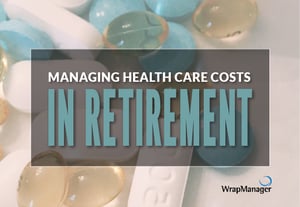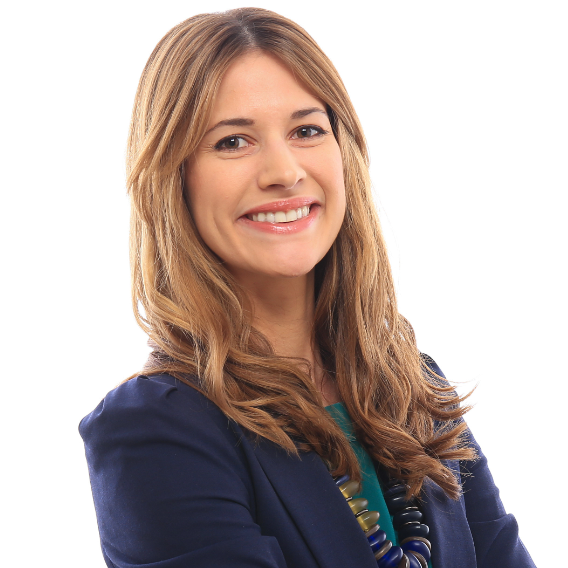The Consolidated Appropriations Act of 2023, passed by Congress and signed into law by the President, contained several retirement related provisions collectively known as the “SECURE Act 2.0.” The SECURE Act 2.0 is a follow up to the original Setting Every Community Up for Retirement Enhancement (SECURE) Act passed and signed into law in December 2019.
Here are some of the key provisions of this new law:
Raising the Required Minimum Distribution (RMD) Starting Age
The SECURE Act 2.0 pushes back the age at which retirees must begin taking RMDs to age 75. This provision will be phased in over the next ten years, so the starting age for RMDs will be pushed back to age 73 in 2023 and then pushed back again to age 75 in 2033.
1
The original SECURE Act moved the starting age to 72 in 2020 and the SECURE Act 2.0 has no impact on the RMD starting age of retirees who have already begun taking RMDs.
Using IRA Distributions for Giving
While the age at which RMDs begin will be changing, the SECURE Act 2.0 does not change the age at which Qualified Charitable Distributions (QCDs) can be made.
2
The earliest age at which an individual can make a QCD will still be 70 ½. A QCD is an otherwise taxable distribution from an IRA that is paid directly from the IRA to a qualified charity.
Also, the current annual limit of $100,000 for QCDs will be indexed to inflation going forward.
3
Higher Catch-Up Contribution Limits
Effective in 2025, workers between the ages 60 and 63 will see the catch-up contribution limits in certain employer retirement plans such as a 401(k) or 403(b) increased to the greater of $10,000 or 150% of the regular catch-up contribution limit.
4
Also, all catch-up contributions limits for all age groups will be indexed to inflation (including the IRA catch-up contribution annual limit which is currently $1,000) starting in 2024.
5
[+] Read More
Retirement Planning
Saving for Retirement
RMD
Required Minimum Distribution


















